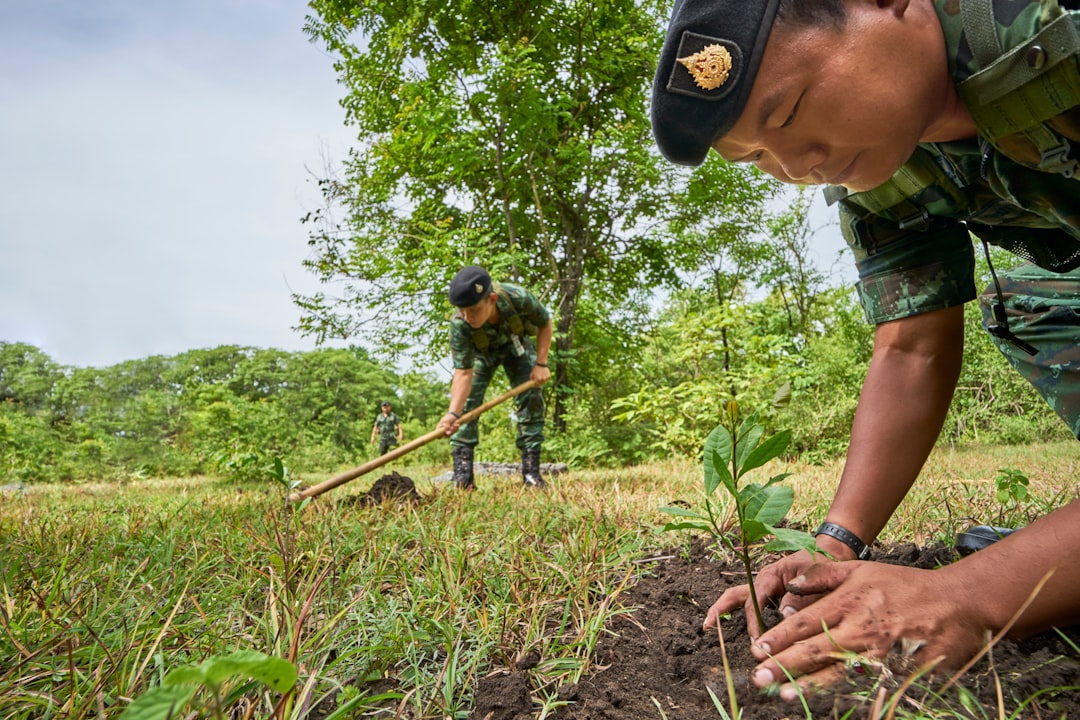What is it about?
Face masks and shields have come to embody extraordinary meaning during the COVID-19 pandemic. We show how they are 'fetishized', in that qualities, meanings, and values that are attributed to these objects do not derive from the objects themselves. Recognizing that material objects are pivotal to how development works, we explore the social, political, and cultural role these objects play in the lives of of everyday people, and the productive and pernicious implications of their fetishization on society.
Featured Image

Photo by Anton on Unsplash
Why is it important?
There are many studies about face masks around the world, but to our knowledge, a detailed material analysis on face masks in the Philippines amid COVID-19 does not yet exist at the time of writing this article. We contribute to a growing body of academic literature on material analyses by exploring the multi-layered meaning of face masks and shields, and the role these objects play in the politics of health enforcement and policy implementation.
Perspectives
Material objects are central to how development works. Understanding the socio-political power of face masks and shields may lead scientists, governments and public health authorities to craft effective policies and health campaigns in preparation for future pandemics. To what extent does the government have control over what people wear and how they should conduct themselves in a crisis? What behaviors do citizens owe one another in the name of public safety? Answering these kinds of questions through the study of objects may contribute to better governance and critical citizenship.
Mathea Melissa Lim
University of Auckland
Read the Original
This page is a summary of: Humanitarian Objects for COVID-19: Face Masks and Shields in the Philippines, Philippine Political Science Journal, September 2022, Brill,
DOI: 10.1163/2165025x-bja10033.
You can read the full text:
Contributors
The following have contributed to this page










